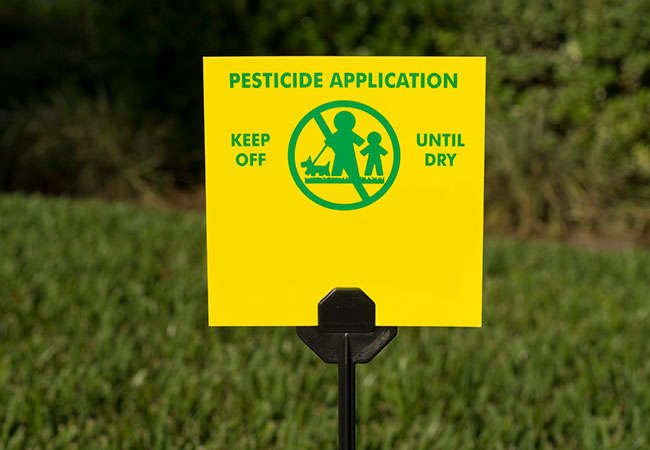

We may earn revenue from the products available on this page and participate in affiliate programs. Learn More ›
Home Advice You Can Trust
Tips, tricks & ideas for a better home and yard, delivered to your inbox daily.
Many Are Non-Specific
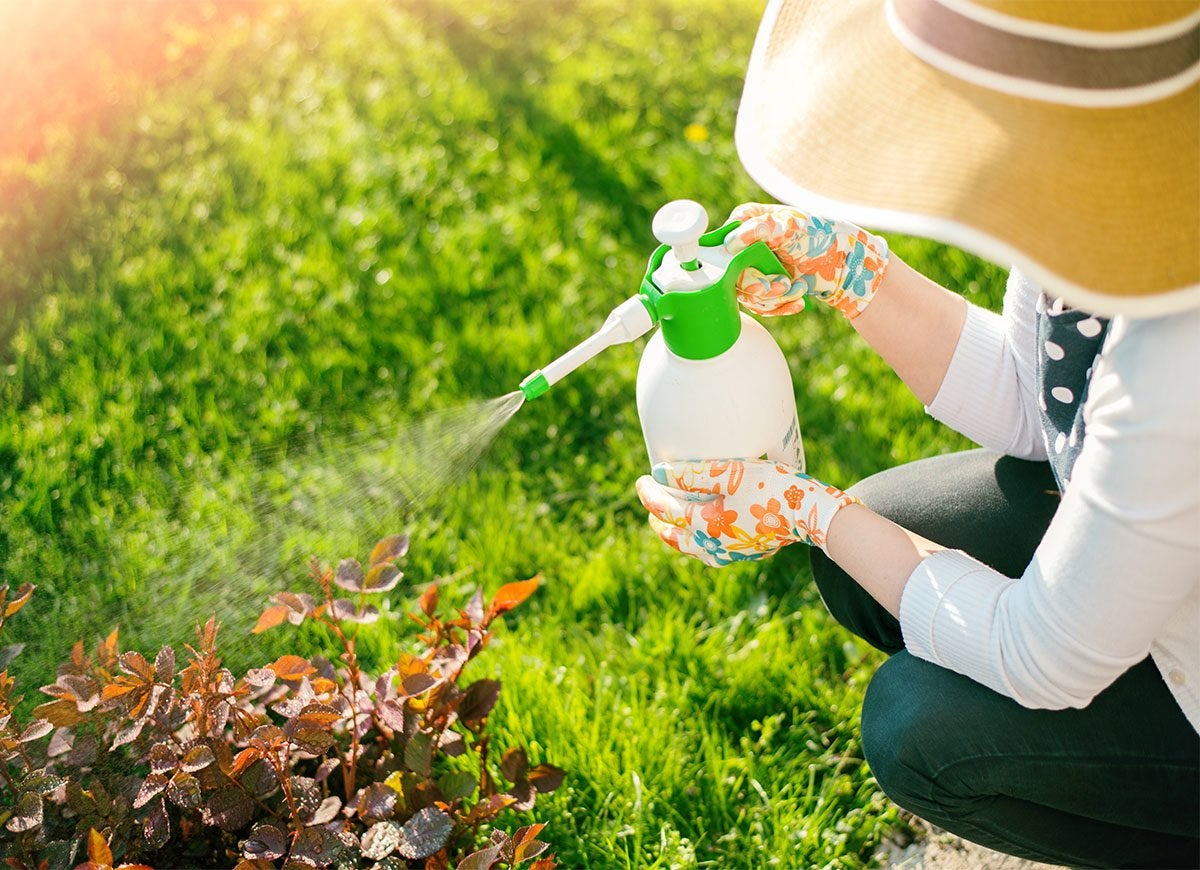
Many pesticides for use in the residential home and garden setting are non-specific—meaning they work on the bugs you want to kill and the bugs you don’t want to kill. For instance, if you’re having a problem with aphids, a non-specific pesticide won’t just kill the aphids; it will kill everything that comes into contact with the pesticide-treated plant. That means those all-important pollinators like bees and butterflies are at risk as well. Pollinators aren’t harmful to plants—on the contrary, they help plants bloom and fruit—and any gardener worth their salt knows it’s important to preserve pollinator populations.
Water Run Off

Consistent use of pesticides can lead to toxins entering rivers and streams through water run-off. Think about your neighborhood and local environment before you spray to prevent unintentionally harming the creatures in the water ecosystems near where you live. It’s the right thing to do and may provide indirect benefits for your garden. After all, chances are the creatures living in and along the water feed on bugs and are doing their part to keep local insect populations in check.
Can Be Hazardous to Pets
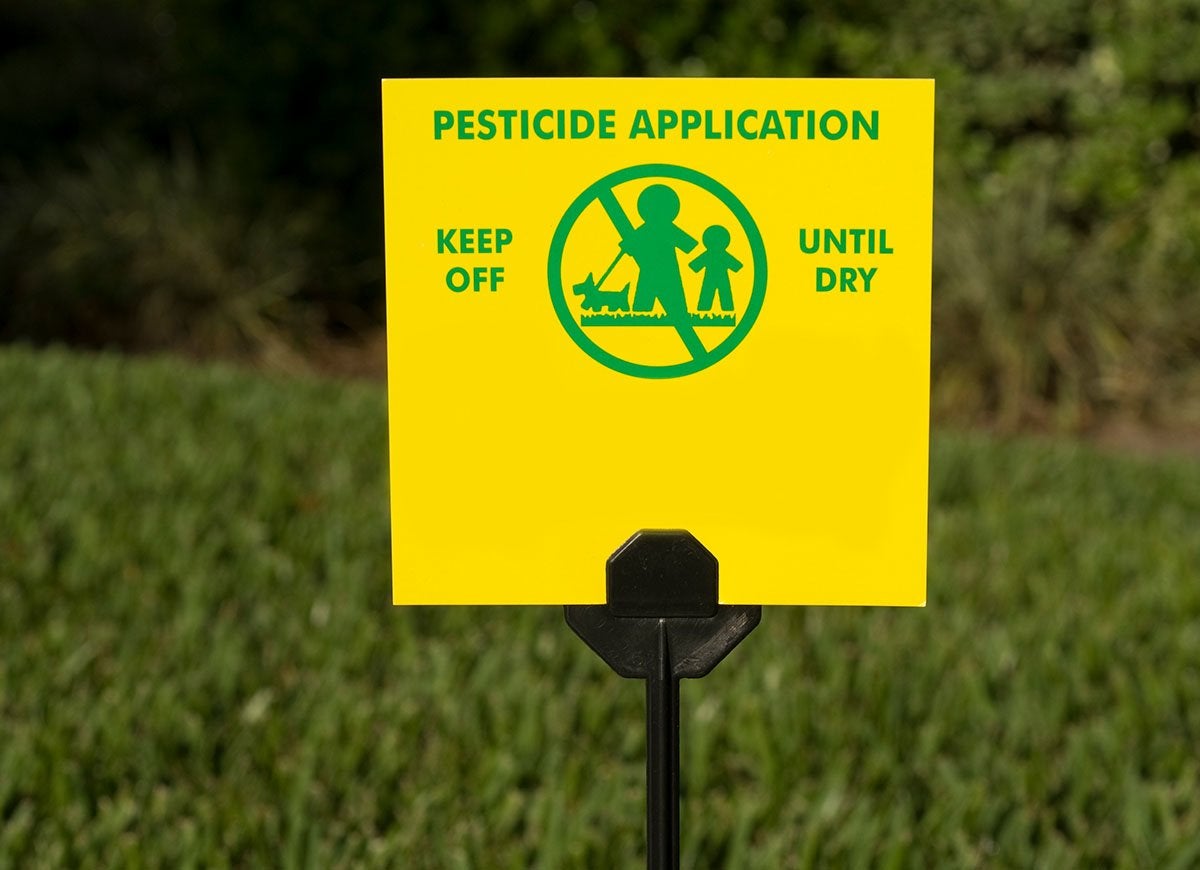
There’s a window of time after pesticide application when you must stay off your lawn, to avoid coming into contact with those hazardous chemicals. Pets are doubly at risk, as they can’t necessarily be trusted not to chew on treated grass, or lick their coats, which may have had toxic chemicals transferred to them by contact.
Timing is Tricky
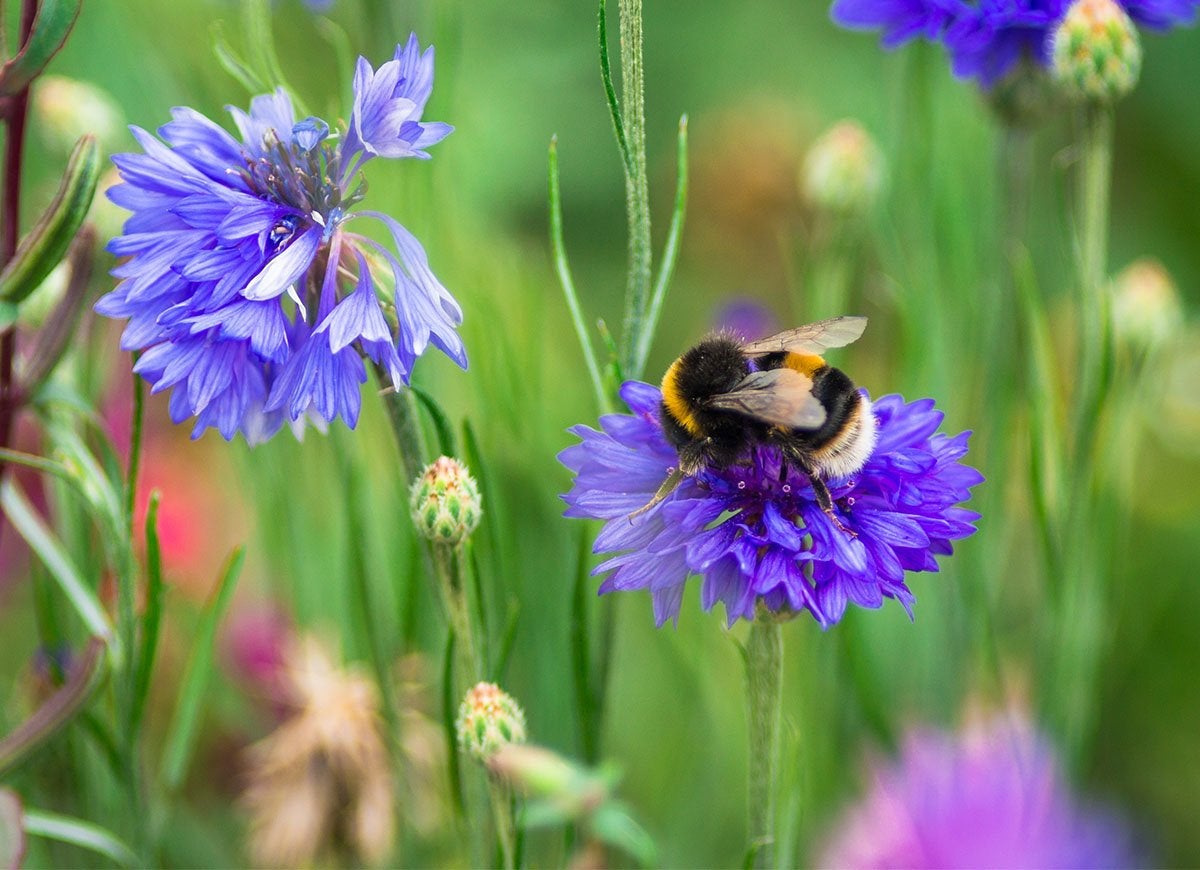
The effectiveness of many pesticides is closely related to the timing of its application. Spray at the wrong time and you risk incurring negative side effects. For instance, you won’t have any success in battling aphids and scale on fruit trees unless you spray in the late winter or early spring. And if you spray plants with insecticide when blooms are open, you risk killing important pollinators like bees and consequently reducing your yield.
You Must Use Protection
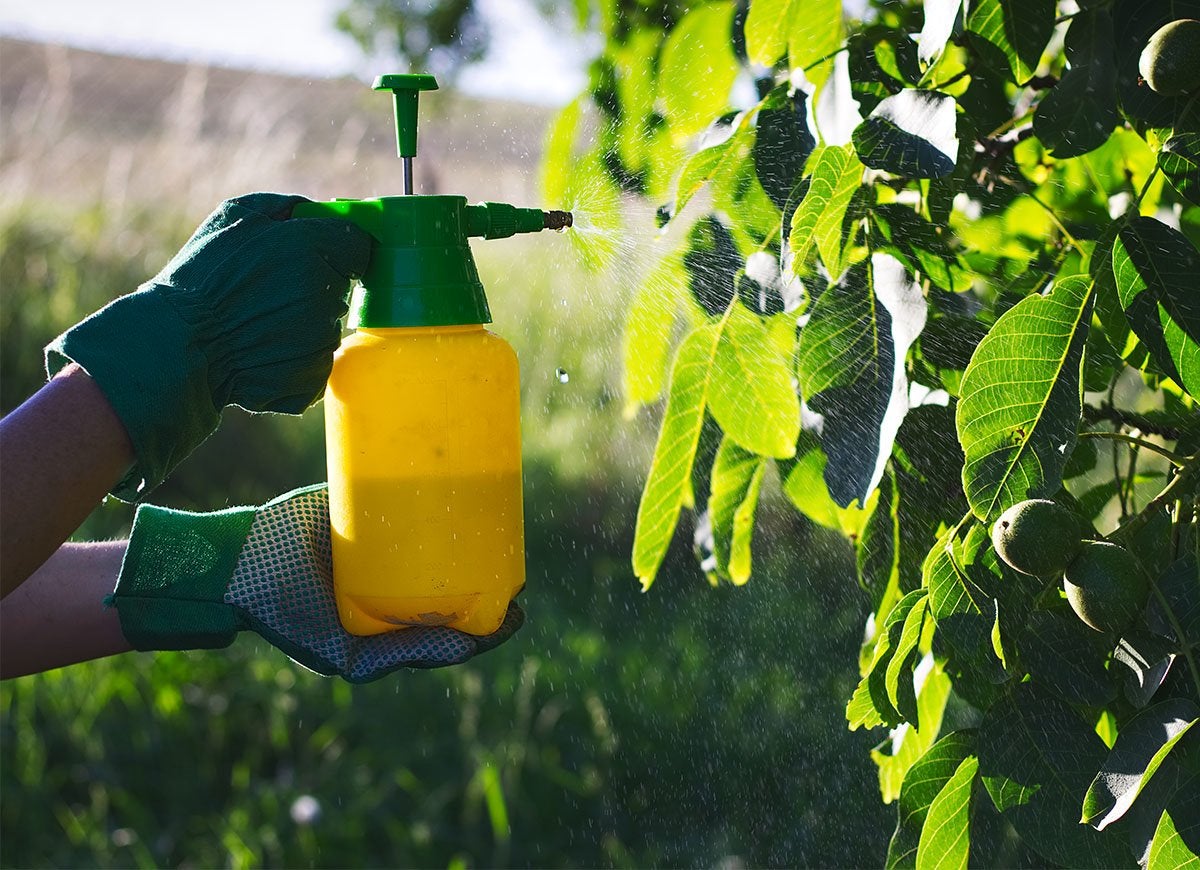
Most pesticides, even the ones rated for residential use, can cause allergic reactions or damage if they come into contact with your unprotected skin, nose, eyes, or mouth. When working with pesticides, cover your body fully, wear gloves, and use breathing protection. If you can’t take the proper precautions when applying pesticides, you’re better off not using them.
Clean Up Issues
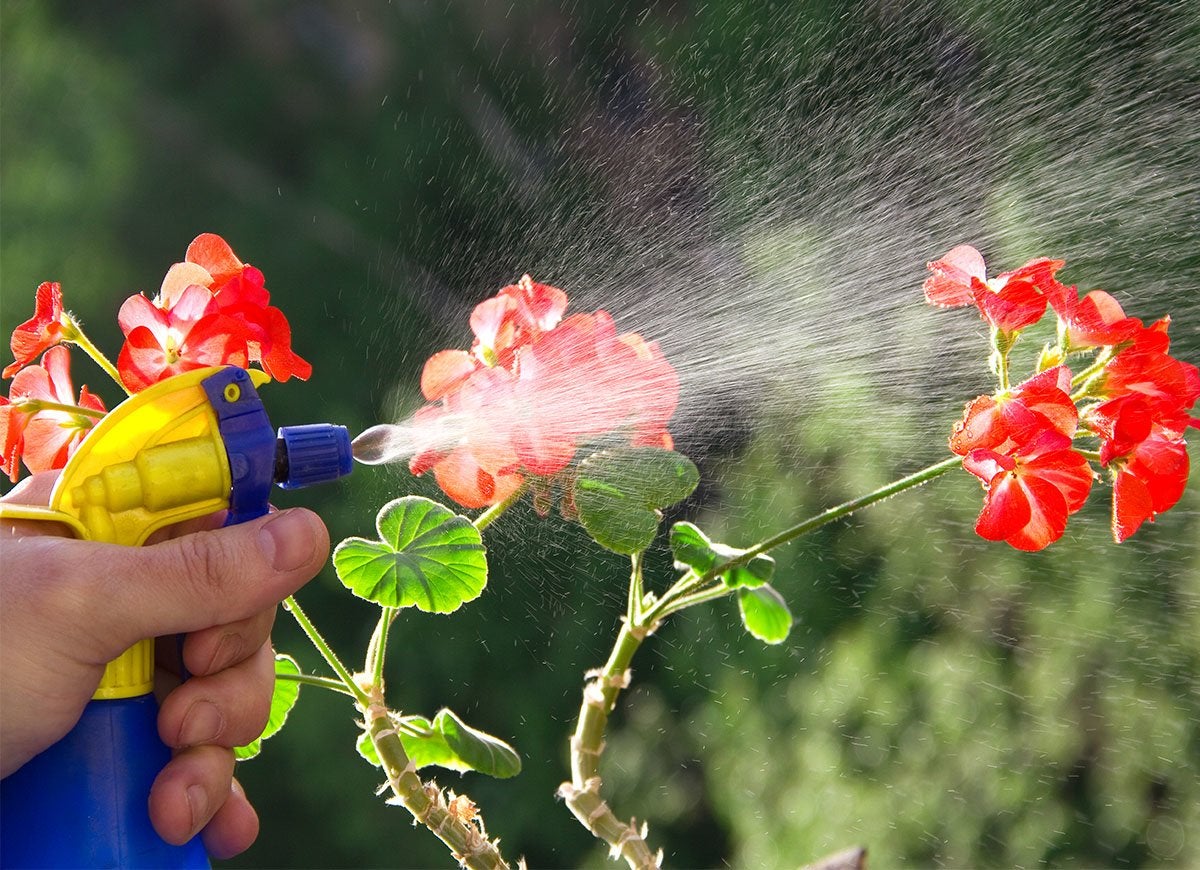
Cleaning up after pesticide application requires special care. You need to wash any non-absorbent clothing in hot soapy water, and all equipment needs to be thoroughly washed and rinsed. And don’t dispose of pesticides by pouring them down the drain—they can end up in the water supply, where they pose health risks.
They’re Expensive
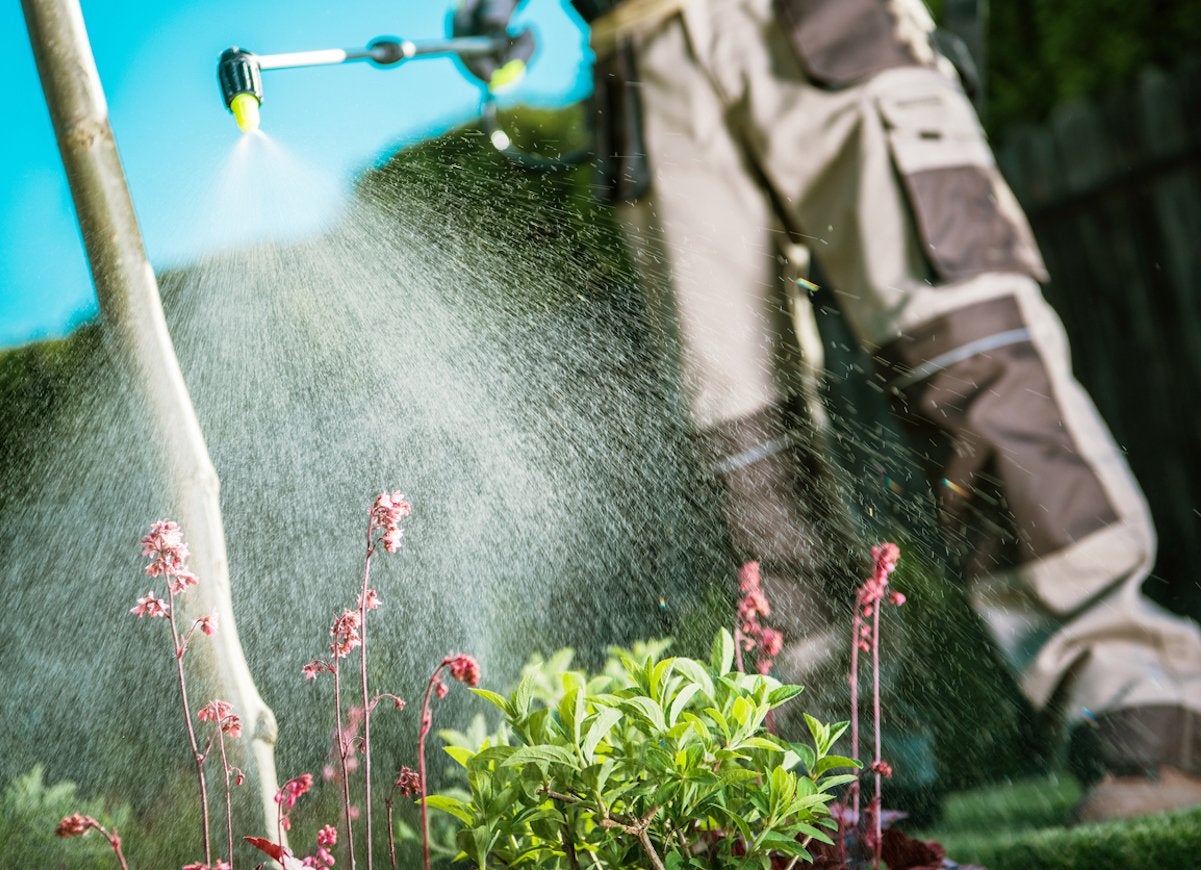
Pesticides are costly, and they’re usually not a one-time expense. If you’re managing your lawn care with pesticides, keep in mind that it will be an ongoing expenditure.
Balance
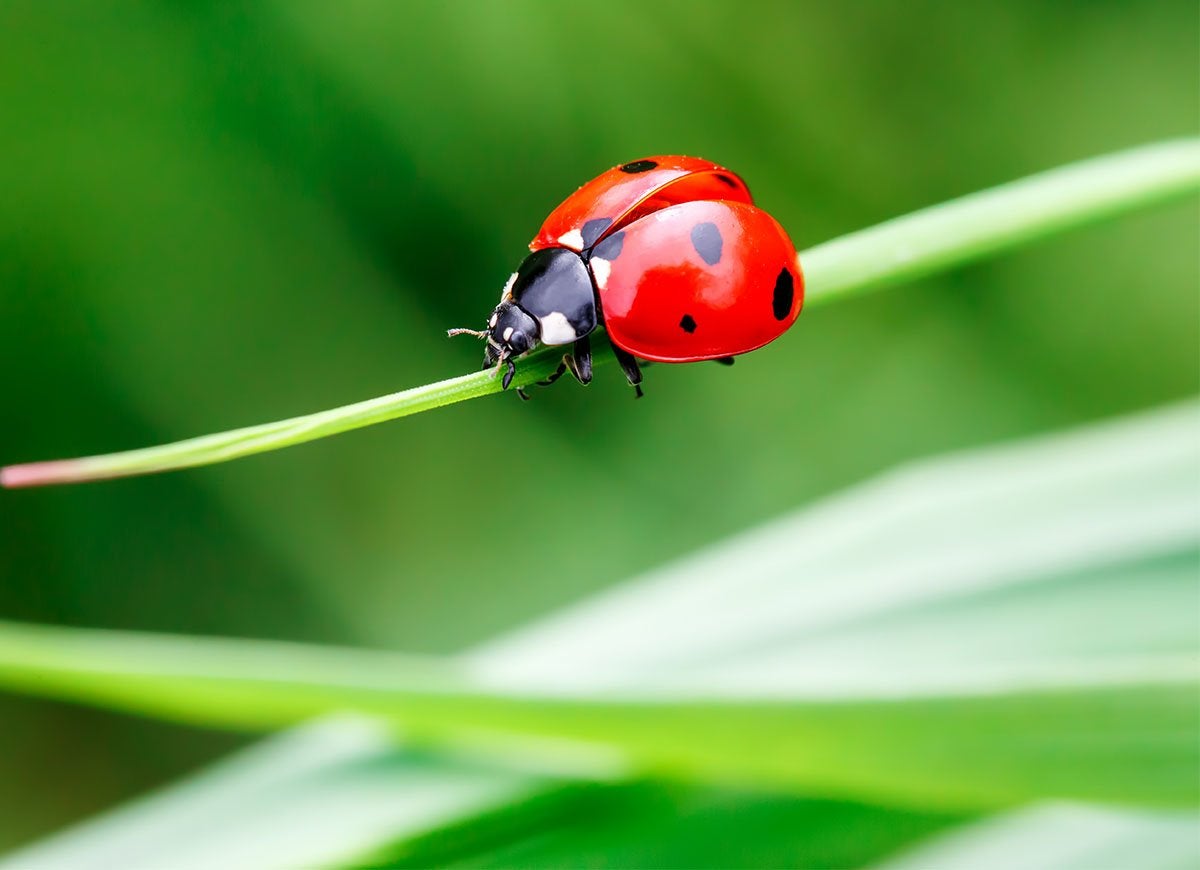
The environment is a delicate web—and that includes the local environment in your own backyard! Using pesticides to eliminate one problem can just lead to other problems. For instance, applying a broad spectrum pesticide for beetles will kill all beetles, including ladybugs, which are probably hard at work eating the aphids in your garden. With ladybugs out of the picture, the aphid population may explode—and when it does, you’ll need another pesticide to manage that. In short, once you start using pesticides, managing pests can become a never-ending chain reaction. Ideally, you’d like to foster balance in your garden, where the food chain doesn’t get broken, and every creature can do its job. Keep in mind that there’s usually there’s a logical explanation behind every insect infestation, so look for the root causes and learn about the factors that lead to problems. These factors include plant monocultures, over-fertilization, overwatering, and nutrient deficiencies. Find natural ways to fortify plants against attack—for instance, by applying worm castings from vermicomposting systems, which contain beneficial microbes that ward off fungal infections, and protect plants from insect infestation. Every gardener knows you can’t control all the factors that lead to beautiful and healthy landscaping, but you can learn the rules of nature and work within them to create your best yard possible.
Go Green in the Garden
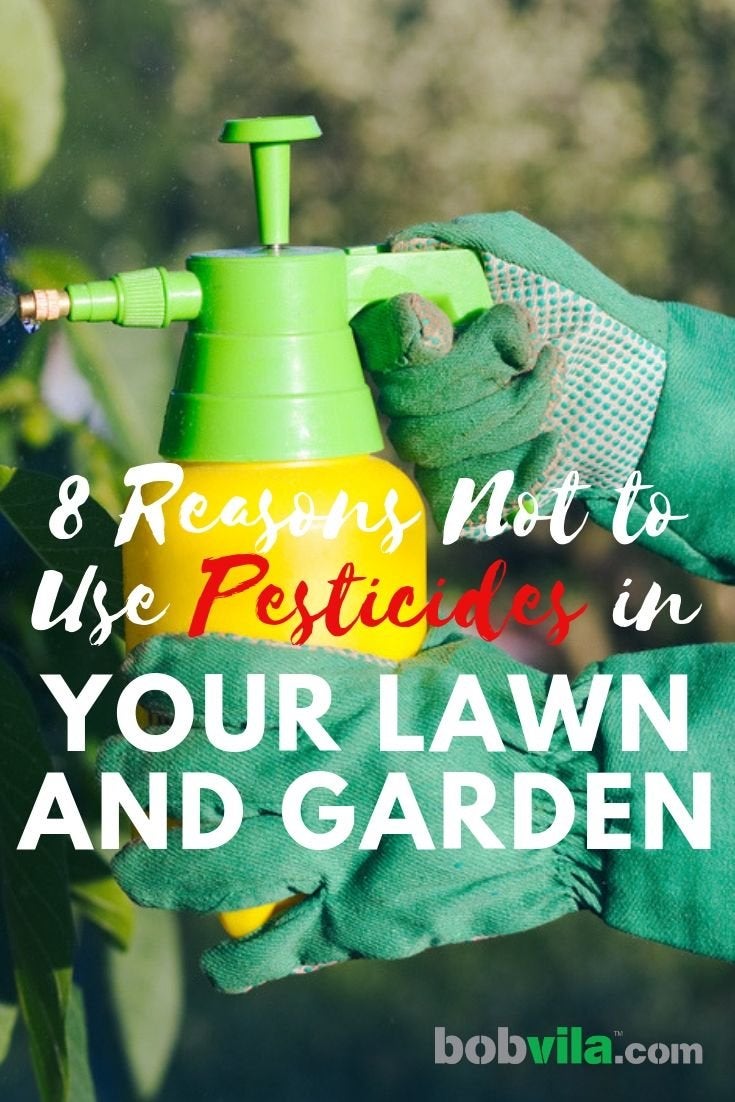
A holistic approach to lawn and garden care can help you avoid traditional pesticides.

All You Need to Care for Your Lawn & Garden
Keeping your grass green and your plants thriving doesn’t just take a green thumb—it starts with the right tools and supplies.